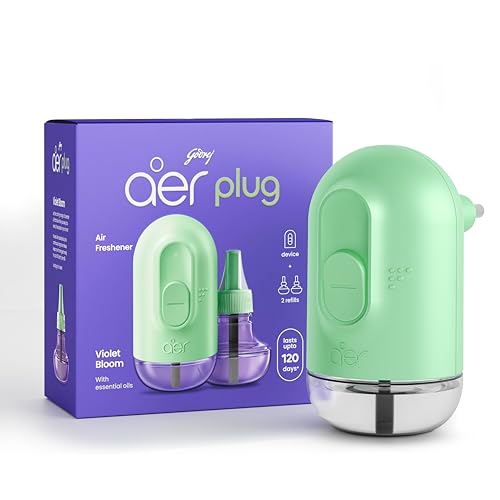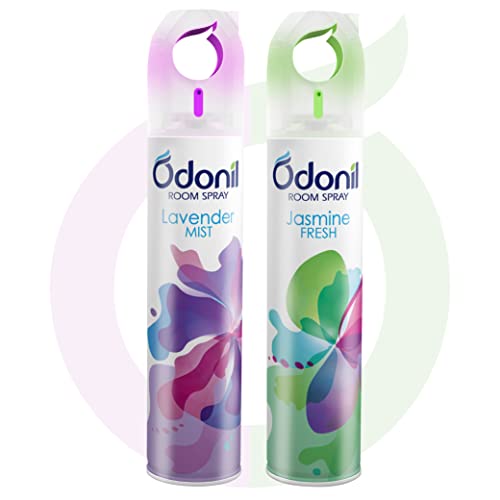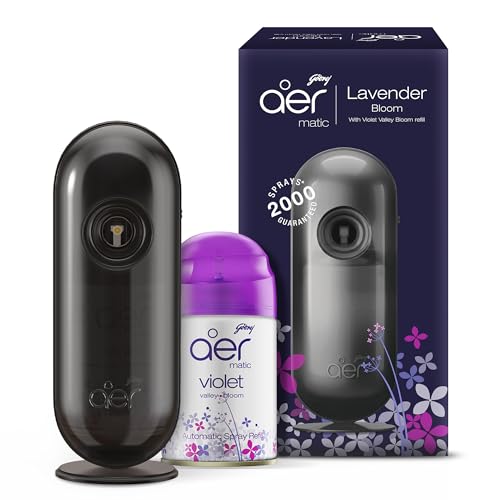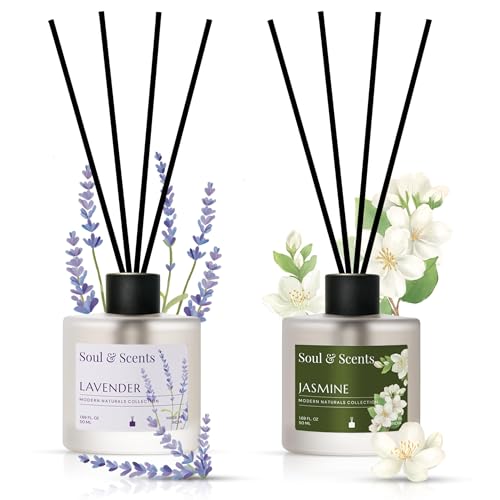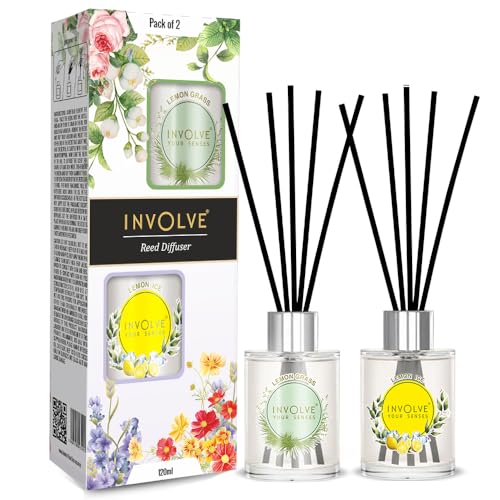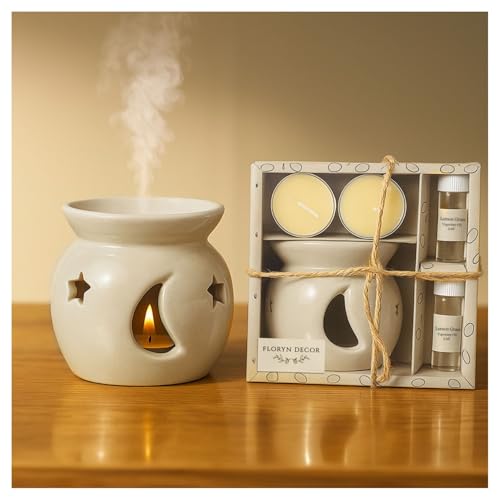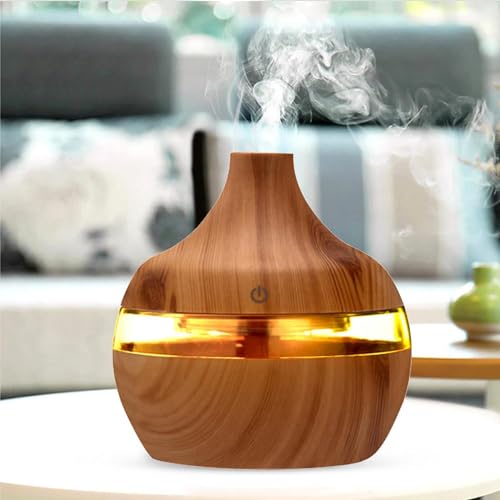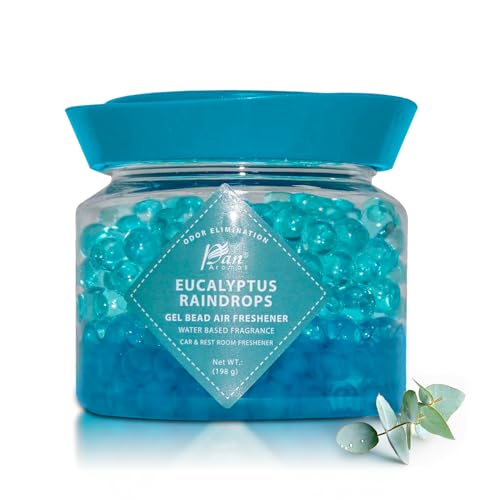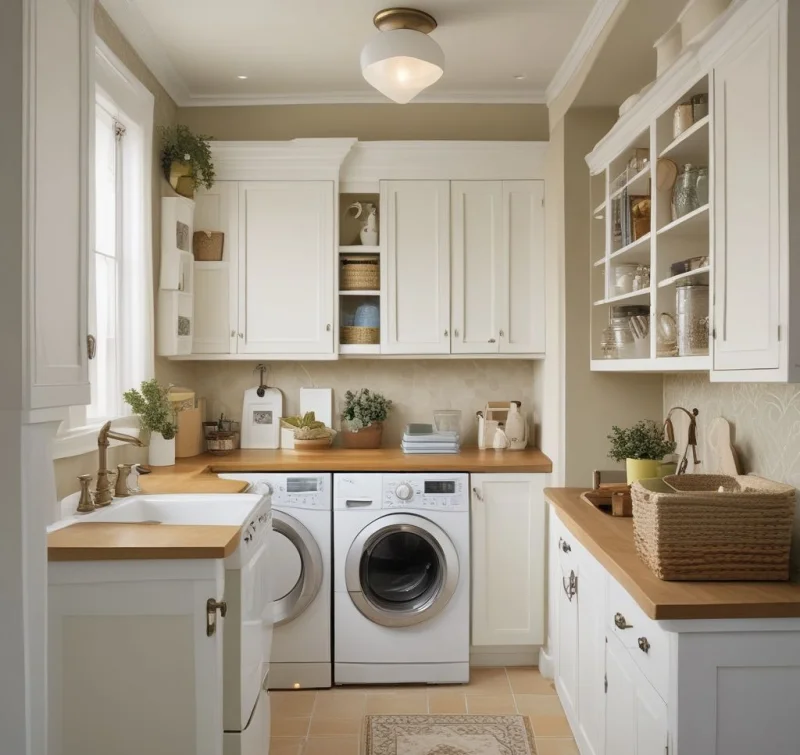I never thought much about home fragrances until I moved into my own property last year. Walking into my stark, scentless flat seemed so chilly and unwelcoming. That’s when I noticed something was lacking – the warmth that comes from a nicely scented home.
After months of trying (and several serious scent flops!), I’ve finally broken the code. Each area in my house now has its own signature aroma that perfectly complements its atmosphere. Trust me, once you get this perfect, you’ll never want to go back to a fragrance-free home.
1. Kitchen Aromas: Clean and Energizing Scents

The core of your home demands smells that feel fresh and inviting. Your kitchen is where food come to life, conversations flow, and memories are built. The greatest kitchen odors should complement culinary aromas rather than clash with them. Think bright, clean aromas that may cut through lingering food odors while keeping an inviting atmosphere.
Citrus-based perfumes work beautifully here because they’re naturally uplifting and have odor-fighting characteristics. Fresh herbs like mint or basil can help provide an organic, garden-to-table atmosphere. Avoid too sweet or strong fragrances that could clash with food preparation or make the environment feel oppressive during hectic cooking sessions.
2. Living Room Scents: Versatile and Mood-Setting

Your living room is the social hub where you entertain guests, rest after long days, and spend precious time with family. The fragrance here should be friendly yet refined, providing a mood that may vary from casual evening leisure to exquisite dinner party vibes. Floral notes like jasmine offer an elegant backdrop, while fruity aromas like berry blends add warmth and comfort.
For important occasions, rich smells like white chocolate can make the environment feel sumptuous and decadent. The key is choosing perfumes that aren’t too personal or overwhelming – something that helps everyone feel comfortable and at home in your area.
3. Bedroom Fragrances: Calming and Sleep-Inducing

Your bedroom should be a calm haven that indicates to your body and mind that it’s time to unwind. The fragrances you chose here should induce relaxation and greater sleep quality. Lavender is the classic pick for good reason — it’s scientifically proven to relieve stress and increase sleep. Chamomile delivers similar relaxing properties with a gentler, more mild smell profile.
White musk gives a pleasant, comfortable base note that feels fresh without being stimulating. Avoid invigorating aromas like citrus or mint in the bedroom, since they might interfere with your body’s natural wind-down process and make it harder to fall asleep calmly.
4. Bathroom Scents: Luxurious and Spa-Like

Transform your bathroom into a personal spa retreat with fragrances that feel rich and refreshing. This personal room deserves smells that make your everyday activities feel more luxurious and delightful. Rose provides timeless elegance and a romantic touch to your self-care practices. Peach gives a gentle, fruity sweetness that feels fresh and happy.
Coconut gives that tropical, vacation-like ambiance that may turn an average shower into a short getaway. These smells perform particularly well in bathrooms because they compliment the steam and humidity, producing a more immersive sensory experience. Choose scents that make you feel pampered and help you start or end your day on a pleasant note.
5. Dining Room Aromas: Appetite-Enhancing and Elegant
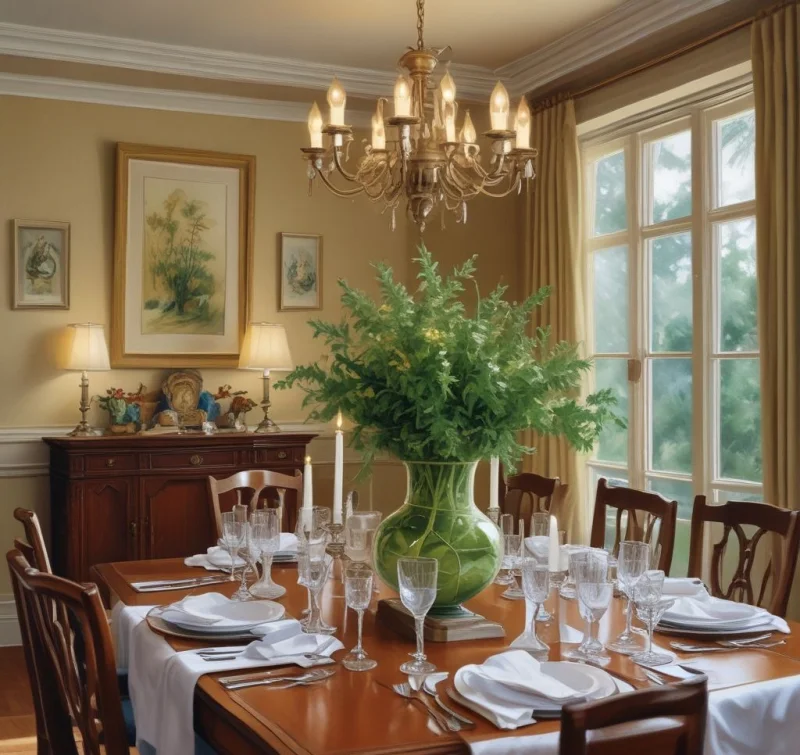
Your dining room scent should complement the dining experience without clashing with the delightful aromas of your meals. The appropriate aroma may make food taste even better and create a memorable ambiance for family dinners and special events. Rosemary adds an earthy, refined accent that pairs wonderfully with both casual and formal eating.
Lemongrass offers a bright, crisp freshness that increases the appetite. Honey delivers a warm, welcoming sweetness that helps everyone feel welcomed and nourished. These odors work because they’re food-friendly — they complement rather than hide the natural aromas of cooking and create an environment where taste and smell work together happily.
6. Office Fragrance: Focus-Boosting and Energizing

Whether you work from home or just have a designated study place, your office needs smells that boost attention and productivity. The correct smells can help you stay focused, motivated, and creative throughout your job. Coffee aroma naturally signifies focus time and can help sustain that productive mentality even without really drinking coffee.
Spearmint delivers clean, refreshing energy that helps eliminate brain fog and increase attention. Lemon is proven to increase cognitive function and mood, making it great for tackling hard jobs. These scents work because they excite the mind without being distracting, providing an environment that encourages your best work and helps you stay focused during extended productive sessions.
7. Hallway Scents: Welcoming First Impressions

Your hallway is the first thing guests experience when they enter your home, making it vital for creating the correct tone. The aroma here should be attractive and provide visitors a glimpse of the warm, welcome ambiance throughout your property. Vanilla creates an instantly pleasant and homey sense that helps everyone feel welcomed.
Sandalwood offers refined warmth with its rich, woody aromas that seem both exotic and familiar. Cinnamon delivers toasty, spice-filled comfort that’s especially suited for fall and winter months. These entry odors should be prominent but not overwhelming — you want guests to think “this smells amazing” rather than feeling hit with an intense scent wall the instant they come in.
Frequently Asked Questions
How long do room perfumes normally last?
Most candles burn for 30-50 hours, but reed diffusers can last 2-3 months. Essential oil diffusers need refilling every few days to a week, depending on usage. The longevity also depends on room size, air movement, and the quality of your aroma goods.
Can I use the same fragrance in several rooms?
While you can, it’s ideal to vary odors by room function. diverse rooms serve diverse purposes and benefit from smells that match their mood and activities. However, you can utilize complementing smells from the same fragrance family for a unified sense.
Are there some rooms where I shouldn’t apply fragrances?
Be cautious around nurseries and places where people have allergies or asthma. Also, avoid strong smells in compact, poorly ventilated places. Always guarantee excellent air circulation and utilize natural options when available for sensitive persons.
What’s the difference between essential oils and synthetic fragrances?
Essential oils are natural plant extracts with aromatherapy advantages, while synthetic perfumes are lab-created. Essential oils tend to be more delicate and medicinal, while synthetic choices frequently last longer and offer greater variation in smell profiles.
How can I avoid fragrances from being too overwhelming?
Start with less and build up gradually. Use one fragrance source per room, ensure sufficient ventilation, and take breaks from perfumed surroundings. If you can smell your scent strongly all day, it’s definitely too much for guests who aren’t used to it.
Transform Your Home Into a Scented Sanctuary
Now I can honestly say that finding the correct aroma for each space has entirely improved my home. It’s not about buying the most expensive candles or following some complicated formula. It’s about paying attention to how different scents make you feel and choosing ones that accentuate what you already enjoy about each location.
Start small, experiment with what appeals to you, and don’t be afraid to switch things up seasonally. Your home should smell like your happiest memories, and with the proper fragrances in each room, you’ll be creating new ones every single day.
- Contains: 1 unit of Godrej aer plug is an electric Variant: Violet Bloom
- MODERN DESIGN: Stylishly crafted to complement contemporary home interiors
- SMART HEATER TECHNOLOGY: Delivers a consistent fragrance experience, keeping your space smelling fresh at all times
- ADJUSTABLE MODES: Choose between low or high fragrance intensity to suit your preference
- VERSATILE USE: Ideal for any space—living room, bedroom, or office
- LONG-LASTING FRAGRANCE: Odonil Room Spray is formulated with a special fragrance that provides long-lasting freshness and a pleasant rose scent to your home or office space.
- INSTANT FRESHNESS: This room spray works instantly to neutralize unpleasant odors and freshen up your living spaces with a refreshing rose graden.
- EASY TO USE: Odonil Room Spray comes in a convenient and easy-to-use spray can that allows you to control the amount of fragrance you want to release into the room.
- WIDE COVERAGE: This room spray can cover a large area and eliminate odors effectively, making it perfect for use in large living rooms, bedrooms, or even office spaces.
- AVAILABLE IN 7 FRAGRANCES – Citrus Fresh, Lavender Mist, Jasmine Fresh, Rose garden, Ocean Breeze, Sandal Bouquet & Floral Bliss.
- Contains: 1 unit of Godrej aer Matic Room fresheners automatic machine + Room freshener refill (210ml). Variant: Lavender Bloom
- BATTERY OPERATED AUTOMATIC AIR FRESHENER: Ensures consistent refreshing fragrance all through the day and keeps your home guest-ready
- LONG-LASTING: Each refill unit guarantees 2200 air sprays and keeps the room fragrant 24×7 for up to 60 days
- FLEXI SPRAY: Eliminate unpleasant odour by controlling the intensity of the fragrance by switching between 3 options – 10 min, 20 min and 40 min
- SUITABLE TO ANY ROOM: Place it on a table or shelf in the living room, bedroom or mount it on the wall with the provided mounting hole
- Elegant Floral Fusion: Experience the captivating blend of calming lavender and enchanting jasmine with this combo pack – perfect for enhancing your living space.
- Toxin-Free Formula: Crafted with your well-being in mind, this diffuser set provides a safe and enjoyable fragrance experience, free from harmful chemicals.
- Fine-Living Fragrance: Elevate the ambiance of your home or office with captivating aromas that not only scent the air but also add a touch of sophistication to your surroundings.
- Easy to Use: The diffuser is user-friendly—simply remove the cap and plastic plug, insert the reed sticks, and adjust the quantity to achieve your preferred level of fragrance intensity.
- Long-Lasting Enjoyment: Delight in enduring aromas that linger impressively, ensuring your space remains pleasantly scented for an extended period.
- Refreshing Citrus Harmony – Infused with the vibrant zest of lemon ice and the crisp freshness of lemongrass, these reed diffusers energize your surroundings and uplift your mood. The invigorating…
- Elegant Home Décor Accent – Housed in sleek glass bottles with beautifully designed packaging, these diffusers add a touch of sophistication and seamlessly blend with any interior décor.
- Luxury Scent Experience – Designed to elevate your living or workspace, the fine fragrances create a calming, refined ambiance that enhances your everyday environment.
- Hassle-Free Use – Easy setup with no flames or electricity needed. Just remove the cap and seal, insert the reed sticks, and adjust the number of sticks to control scent strength.
- Long-Lasting Freshness – Enjoy continuous fragrance for weeks. These high-quality diffusers are crafted for slow, consistent scent release to keep your space beautifully scented.
- ✔️EASY TO USE & HIGH-QUALITY MATERIALS: One-button control of all functions. Press the button for 1s to control the mist mode. Press for 2s to turn on the colorful night light. Press again for 2s…
- ✔️CAR HUMIDIFIER & USB POWER SUPPLY: Portable and small designs are very convenient for you to take with you. The USB power adapter is compatible with any USB port of the device and ensures it can…
- ✔️UlTRA-QUIET WORKING: Our air humidifier adopts 26dB low decibel working mode, providing you and your baby with a quiet and comfortable sleeping environment. If you place it on the desktop, you…
- ✔️Stress Reduction: The combination of pleasant aromas and humidified air can significantly reduce stress and anxiety, creating a peaceful and relaxing environment.
- ✔️Easy to Use and Clean: Designed for convenience, it’s easy to fill, operate, and clean, ensuring you get the most out of your aromatherapy experience with minimal effort. Upgrade your daily…
- Complete Aromatherapy Set – Includes 1 ceramic diffuser, 2 bottles of lemongrass essential oil (5ml), and 2 tealight candles for a relaxing experience.
- Natural Stress Relief – Fill your space with calming aromas that help reduce anxiety and uplift your mood.
- Easy to Use – Just add water, a few drops of oil, and light the candle. Aroma spreads in 10–15 minutes.
- Premium Ceramic Build – Elegant moon and star cut design, perfect for living room, bedroom, office, spa or yoga space.
- Perfect Gift Set – Comes in a ready-to-gift box; ideal for birthdays, housewarmings, Diwali, or self-care gifts.
- 💧 Humidifier & Aroma Diffuser in One – Works as both a cool mist humidifier and an essential oil diffuser, adding moisture and a pleasant aroma to your space.
- 🌿 Relieves Cold, Cough & Dryness – Helps relieve dryness, cold, cough, and congestion by adding soothing moisture to the air — perfect for winter and dry climates.
- 💡 Built-in LED Night Light – Features a soft, warm LED light, making it a perfect night lamp for bedrooms, kids’ rooms, or any cozy space.
- 🏡 Ideal for Home & Office – Compact, stylish design suits any room — ideal for your bedroom, living room, office, yoga space, or meditation area.
- 😴 Quiet & Peaceful Operation – Ultrasonic technology ensures whisper-quiet operation, so you can sleep, work, or relax without disturbance.
- Serene & soothing aroma: Refresh your space with the calming scent of Eucalyptus Raindrops gel beads air freshener that neutralizes and eliminates unpleasant odors.
- Long-lasting fragrance: Provides gentle, non-overpowering freshness for up to 30 days, effectively covering areas up to 100 sq. ft.
- Safe & premium quality: Made with non-toxic, non-allergenic, water-based fragrance for safe everyday use.
- Easy to use & spill-proof: Water-based crystal gel beads are spill-resistant and ideal for bedrooms, living rooms, bathrooms, and kitchens.
- Simple activation: Remove the inner seal, secure the lid, and place in the desired location for continuous odor elimination.
